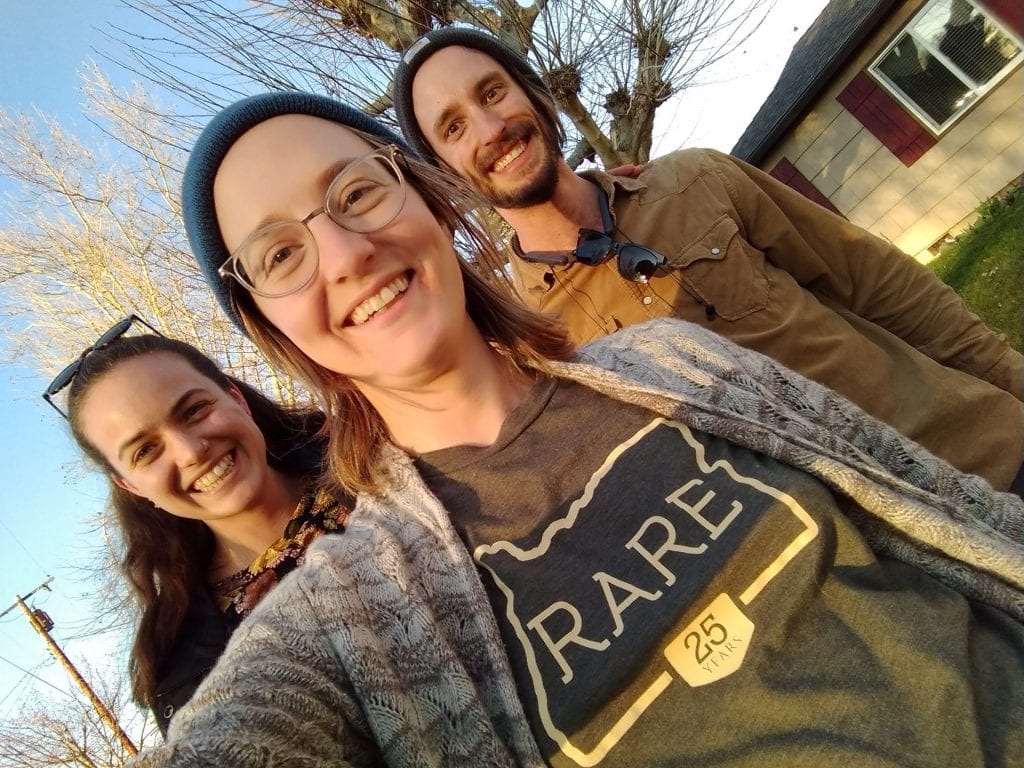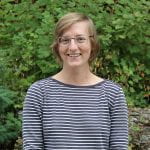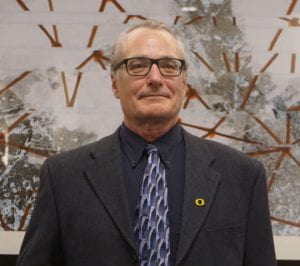By Erica Mooney, Community Engagement Coordinator, Illinois Valley Soil and Water Conservation District

I believe and feel that the greatest impact I had is intangible. I created an energy and practice of connectivity between and across organizations, as well as inspired collaborative mindset and practice. The single tangible accomplishment that feels the most rewarding to me is building relationship with some of the young leaders in the area, including connecting a high school student to the Rural Organizing Project’s fellowship, for which she was accepted and is engaged in currently. I also continued the thread of discussing and naming toxic historical feuds and assumptions, specifically related to the false narrative of the ‘hippie and redneck divide’ by calling out and debunking said myth in many varied settings.
While working long hours and being responsible for finding and applying for the funding and developing the job description for the future of my position, I was amidst applying to a Portland-based foundation. I realized that the way that Portland (urban, college educated norm) views and discusses equity, diversity, and inclusion is a far cry from what is needed to meet people where they are at, on the ground, specific to my experience in Illinois Valley, but upon discussion with friends and peers, relevant to the rural/urban divide myth across the state. I realized that if funders really want to move the needle on acceptance and dismantling white supremacy and classist norms, a lot more deep listening to organizers and community leaders who are not in cities needs to happen. This unfolded through lots of stressed phone calls and long conversations with other RAREs, friends and allies across the nation, and my fellow IV Stream Team staff. This realization allowed me to accept that we were not a fit for the vision that the foundation has of DEI and how to invest in it, as of Spring 2020. The dialog that I began with their staff, I hope and believe, was validated and is now being further recognized due to the resurgence of the Black Lives Matter movement and the impacts of the pandemic, which have both showed that racism and toxic norms are alive and thriving within virtually all major institutions built on the illusion that this is a free nation, without the acknowledgement that this is broadly stolen land and realignment is only possible through deep changes to the culture that paved over said stolen land.
 About the author, Erica Mooney: Erica served as the Community Engagement Coordinator for both the Illinois Valley Soil and Water Conservation District and the Illinois Valley Watershed Council. Erica increased community presence by collaborating with partners to bring the public educational, outreach, and service projects. They engaged board members in developing their skills and leadership, and communicate with the community via social media, flyering, attending events, and other methods. They planned and facilitated volunteer projects and events, and documented and evaluated program components. As the Community Engagement Coordinator, Erica worked in an office and the outdoors, gaining valuable experience in conservation and rural community engagement.
About the author, Erica Mooney: Erica served as the Community Engagement Coordinator for both the Illinois Valley Soil and Water Conservation District and the Illinois Valley Watershed Council. Erica increased community presence by collaborating with partners to bring the public educational, outreach, and service projects. They engaged board members in developing their skills and leadership, and communicate with the community via social media, flyering, attending events, and other methods. They planned and facilitated volunteer projects and events, and documented and evaluated program components. As the Community Engagement Coordinator, Erica worked in an office and the outdoors, gaining valuable experience in conservation and rural community engagement.
